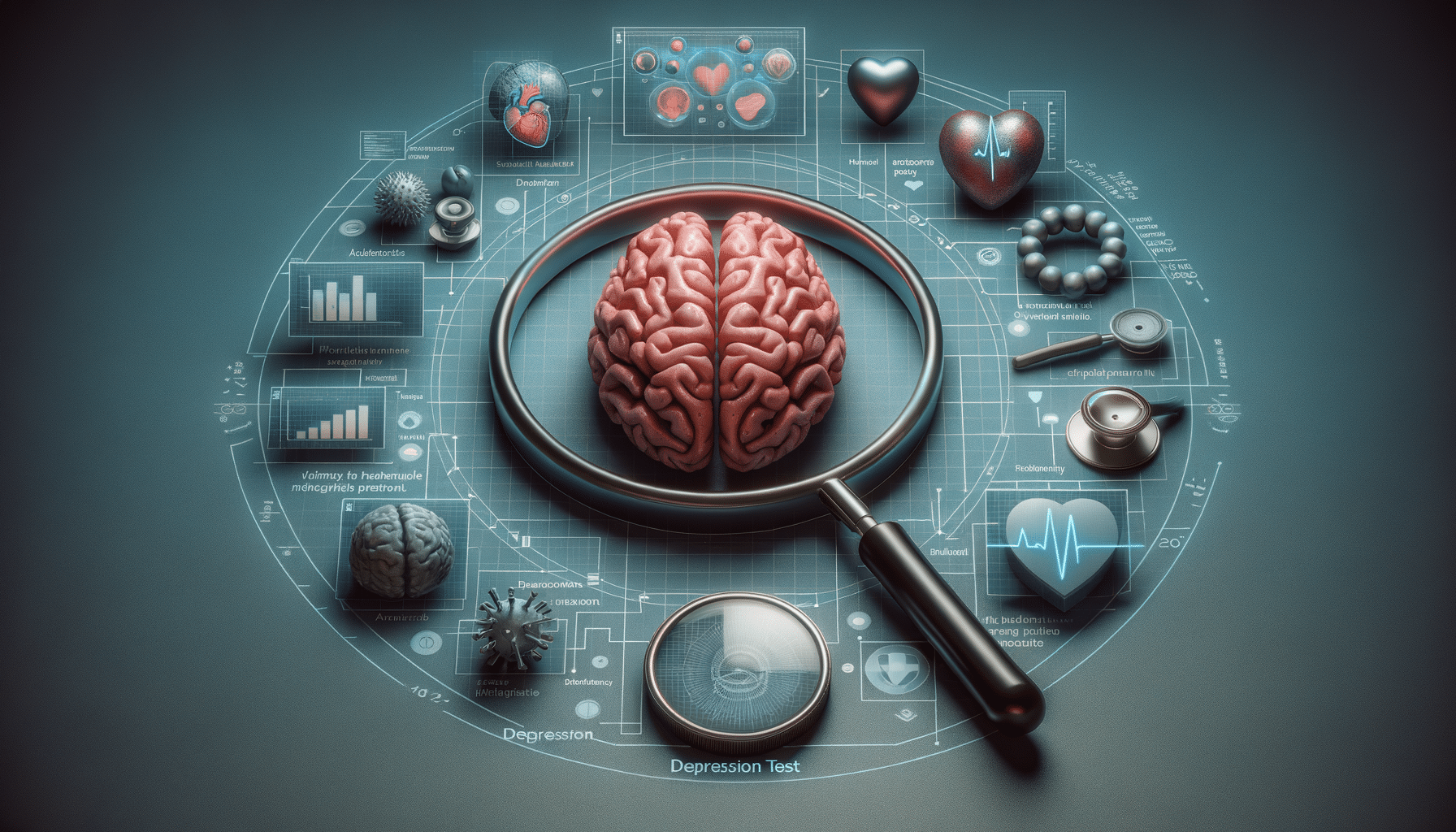
Explore Your Mental Well-being: Understanding Depression Tests
Introduction to Depression Tests
Depression is a complex mental health condition that affects millions of people worldwide. Understanding and identifying depression early can be crucial in managing its impact on daily life. A depression test can serve as an insightful tool for individuals to assess their mental state. While it is important to note that these tests are not a substitute for professional diagnosis, they can provide valuable insights into one’s emotional health. By reflecting on mood and behavior patterns, individuals can better understand their mental well-being and seek further support if needed. This article explores the nature of depression tests, how they work, and what they can reveal about your state of mind.
How Depression Tests Work
Depression tests are typically structured as questionnaires that evaluate various aspects of an individual’s emotional and psychological state. These tests often include questions related to mood, energy levels, sleep patterns, and interest in daily activities. The responses are then scored to provide an indication of the presence and severity of depressive symptoms. The purpose of these tests is not to diagnose depression but to highlight areas of concern that may warrant further evaluation by a mental health professional.
Some common types of depression tests include:
- Self-report questionnaires: These are filled out by the individual and are designed to be a quick assessment tool.
- Clinician-administered interviews: Conducted by a mental health professional, these interviews provide a more comprehensive evaluation.
- Online assessments: Accessible and convenient, these tests offer a preliminary evaluation but should be followed up with professional consultation.
It’s important to approach these tests with an open mind and honesty, as the accuracy of the results depends on the truthfulness of the responses. Understanding how these tests work can empower individuals to take proactive steps in managing their mental health.
The Benefits of Taking a Depression Test
Taking a depression test can offer several benefits for individuals concerned about their mental health. First and foremost, it provides a structured way to reflect on one’s emotional state. By answering questions about mood, behavior, and daily activities, individuals can gain a clearer understanding of their mental well-being. This self-awareness is a crucial step in recognizing potential issues and seeking help.
Additionally, depression tests can serve as a conversation starter with healthcare providers. Bringing the results to a medical professional can help facilitate a more informed discussion about mental health concerns. It also allows for early intervention, which is often key in managing depression effectively.
Moreover, these tests can reduce the stigma associated with mental health by normalizing the process of self-assessment and seeking help. When individuals understand that many people experience similar feelings and that tools are available to assist them, it can encourage more open discussions about mental health and well-being.
Limitations of Depression Tests
While depression tests can be valuable tools, they do have limitations. It’s essential to understand that these tests are not diagnostic tools. They cannot replace the expertise of a mental health professional who can provide a comprehensive evaluation and diagnosis. Tests can sometimes produce false positives or negatives, leading to unnecessary worry or false reassurance.
Another limitation is the reliance on self-reported data. Individuals may not always accurately assess their feelings or may choose to downplay symptoms due to stigma or denial. This can affect the reliability of the results. Additionally, cultural differences can influence how symptoms are perceived and reported, potentially impacting the test’s accuracy.
Given these limitations, depression tests should be viewed as a preliminary step, not a definitive answer. They are best used in conjunction with professional guidance to ensure a thorough understanding of one’s mental health.
Next Steps After Taking a Depression Test
After taking a depression test, individuals should consider several steps to further explore their mental health. If the test indicates potential depressive symptoms, seeking a professional evaluation is a crucial next step. Mental health professionals can provide a more comprehensive assessment and discuss treatment options if needed.
It’s also beneficial to engage in open conversations with trusted friends or family members about the results. Sharing feelings and experiences can provide support and encouragement to seek help. Additionally, individuals can explore self-care strategies to manage stress and improve mood, such as regular exercise, mindfulness practices, and maintaining a balanced diet.
Ultimately, taking a depression test is an empowering step towards understanding and improving one’s mental health. By taking action based on the results, individuals can move towards a healthier and more fulfilling life.

